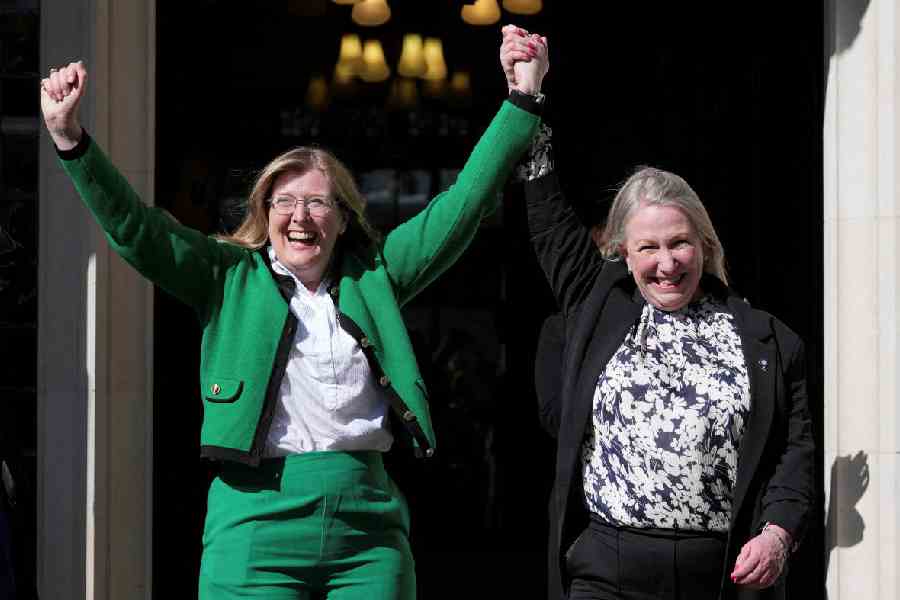The Supreme Court in Britain ruled on Wednesday that trans women do not fall within the legal definition of women under the country’s equality legislation.
The landmark judgment, which said that the legal definition of a woman is based on biological sex, is a blow to campaigners for transgender rights, and could have far-reaching consequences for how the law is applied in Britain to single-sex spaces, equal pay claims and maternity policies.
It follows a years-long legal battle that began in Scotland over whether trans women can be regarded as female under Britain’s 2010 Equality Act, which aims to prevent discrimination. And it comes amid intense and at times bitter public debate over the intersection of transgender rights and women’s rights.
Announcing the decision on Wednesday, the deputy president of the court, Lord Hodge, said: “The unanimous decision of this court is that the terms ‘woman’ and ‘sex’ in the Equality Act 2010 refer to biological women and biological sex.”
However, he added: “We counsel against reading this judgment as a triumph of one or more groups in our society at the expense of another, it is not.” He said the ruling “does not cause disadvantage to trans people” because they continue to have protections under anti-discrimination and equality laws.
Lord Hodge began his remarks by acknowledging the national conversation about transgender rights, and described trans people as a “vulnerable and often harassed minority”, while noting that women had long fought for equal rights with men.
He added: “It is not the task of this court to make policy on how the interests of these groups should be protected” but “to ascertain the meaning of the legislation which Parliament has enacted”.
He requested that the courtroom remain silent while the judgment was read, but gasps were heard when he announced the decision. Campaigners from For Women Scotland, the activist group that had brought the legal challenge, started a round of applause and hugged when the hearing ended.
The decision will likely be welcome news for Prime Minister Keir Starmer. Some legal scholars had theorised that the Supreme Court might refuse to rule and would instead force the government to weigh in on a thorny and divisive issue.
Speaking outside the court afterward, Susan Smith, the co-director of For Women Scotland, said the judgment would ensure that “services and spaces designated for women are for women”.
She added: “Everybody should be protected by the Equality Act. This is not about prejudice or bigotry, as some people would say, it’s not about hatred for another community. It’s just about saying that there are differences, and biology is one of those differences, and we just need protections based on that.”
In a statement following the ruling, Scottish Trans, which campaigns for gender identity rights, cautioned against misinterpreting the court’s decision. “We’d urge people not to panic,” they said in a post on social media. “There will be lots of commentary coming out quickly that is likely to deliberately overstate the impact that this decision is going to have on all trans people’s lives.”
And Sacha Deshmukh, the chief executive of Amnesty International UK, said it would take time to analyse the full implications.
“There are potentially concerning consequences for trans people, but it is important to stress that the court has been clear that trans people are protected under the Equality Act against discrimination and harassment,” he said in a statement. “The ruling does not change the protection trans people are afforded under the protected characteristic of ‘gender reassignment’.”
New York Times News Service










